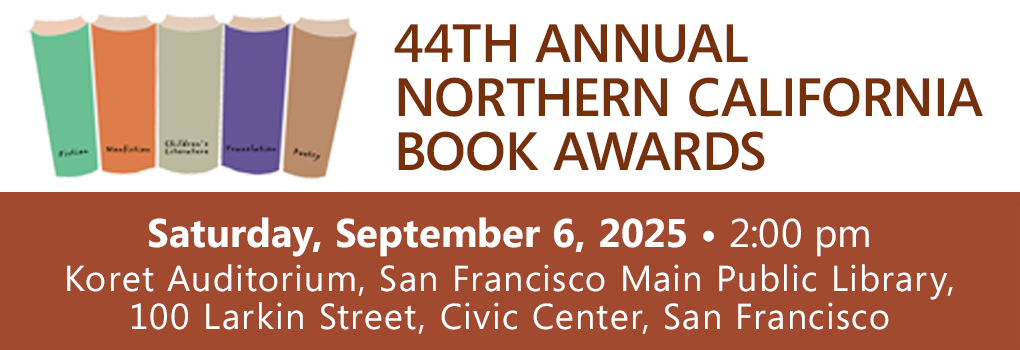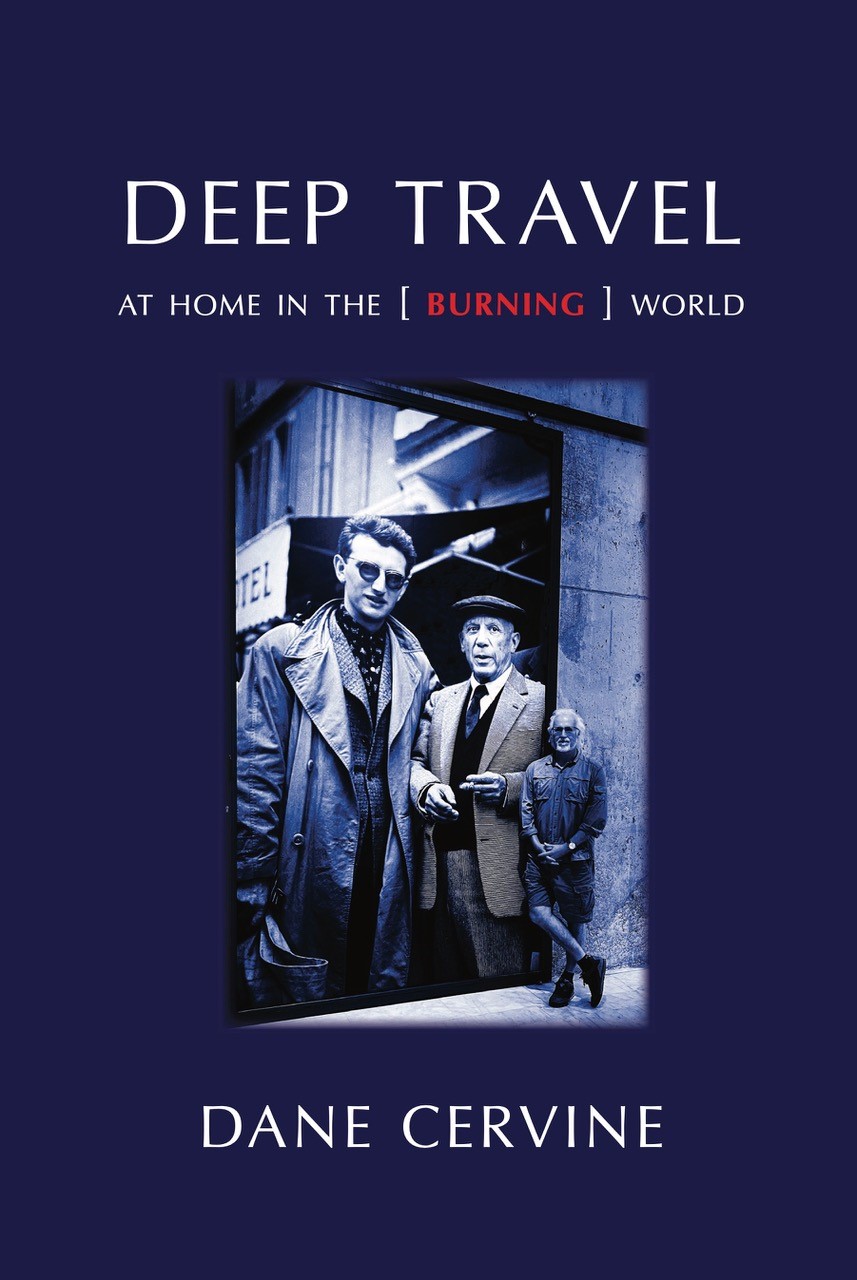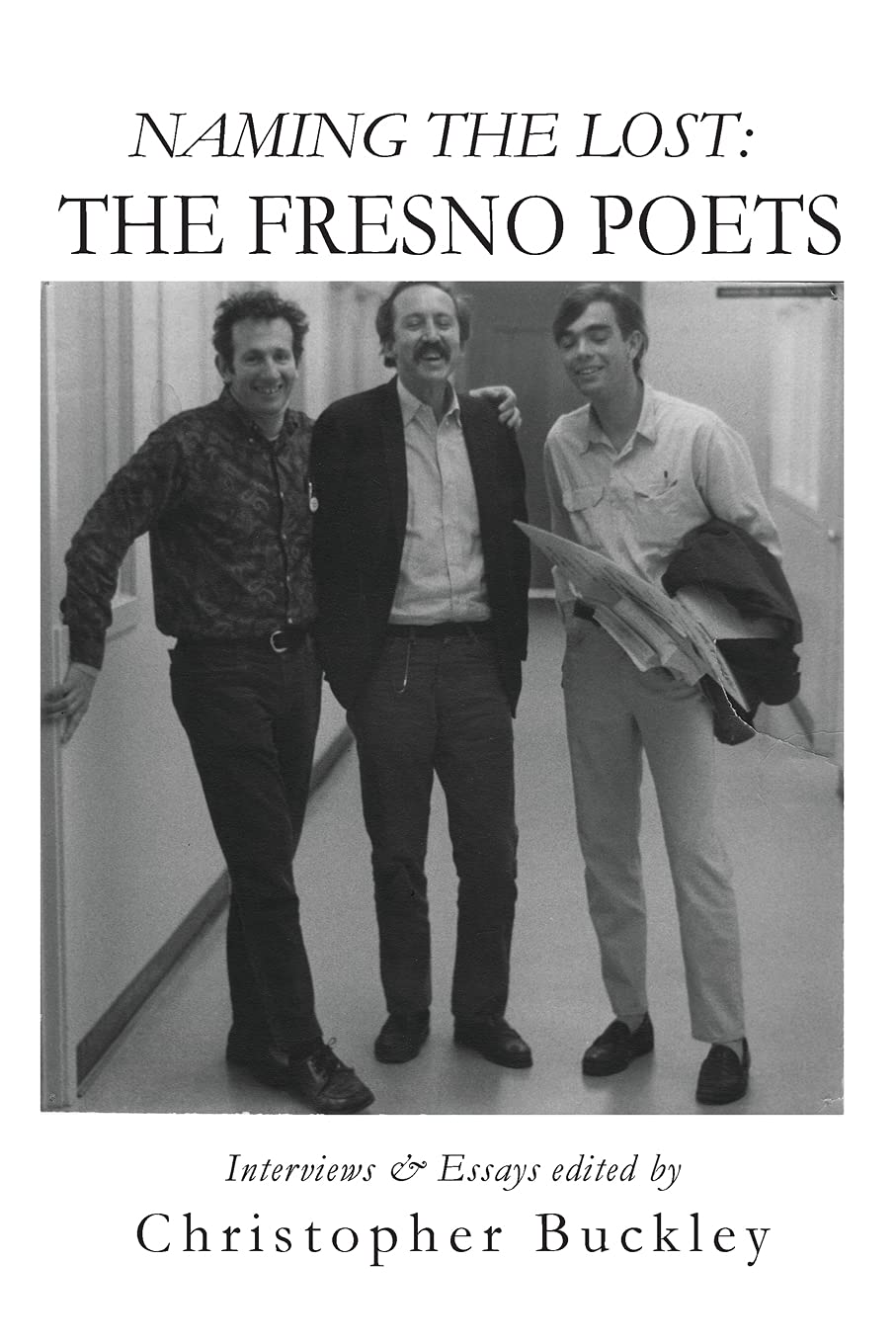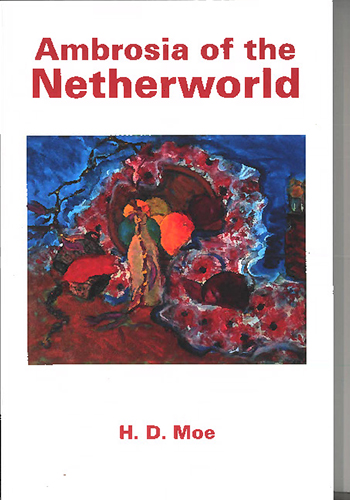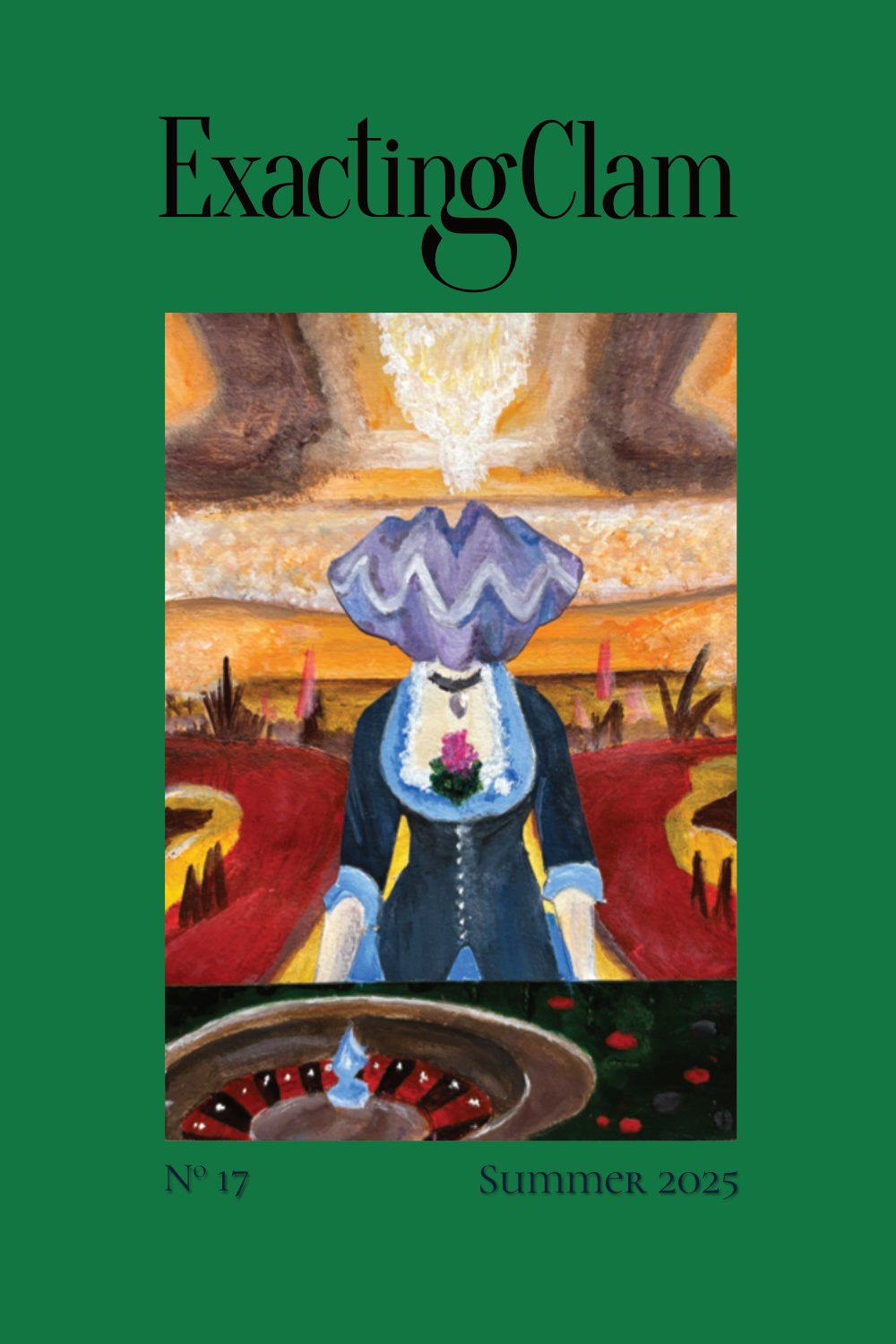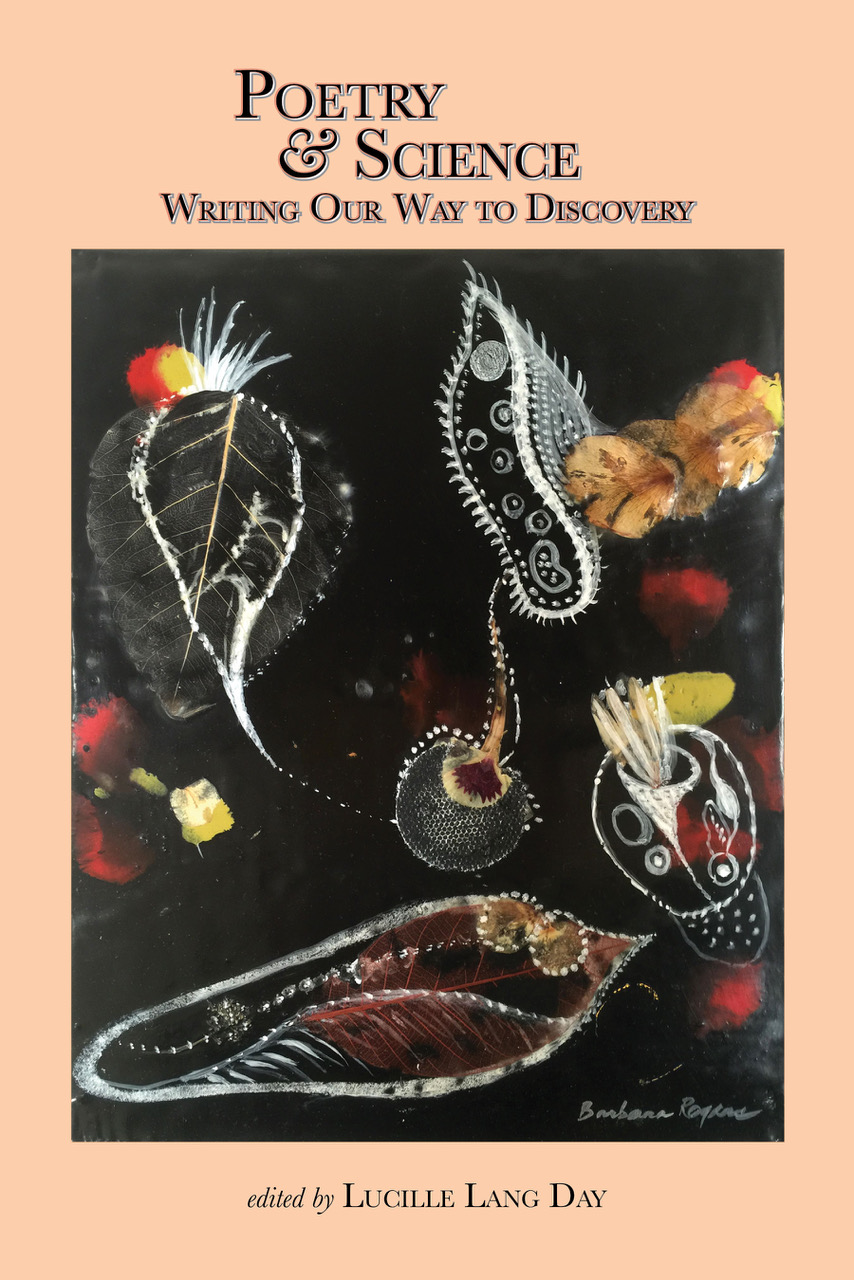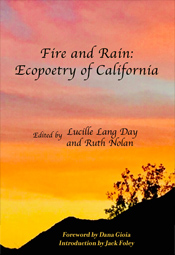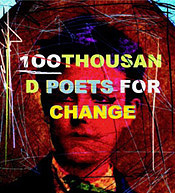
Misbehavin'
by Jack Foley
Like Flesh Covers Bone, by Jan Steckel, Zeitgeist Press, Las Vegas, Nevada, 2018, 102 pages, $15.00 paperback, www.zeitgeist-press.com.
"We're all alone, no chaperone
Has got our number"
—Cole Porter, "Let's Misbehave" (1927)
"She's sweet."
—Julia Vinograd on Jan Steckel
CAN YOU NAME a warm, extremely intelligent, caring, loving, funny, good humored, Jewish, married, ex-medical doctor, bisexual woman who writes unfailingly excellent poetry? (Why was she never a nun?) This riddle is no riddle if you happen to possess Jan Steckel's new book. Her previous book, also from Zeitgeist, was called The Horizontal Poet. One might call the new book Adventures in Bisexuality or perhaps Adventures in Self Awareness and Bisexuality. But that would leave out a good many of the book's other concerns: poems on the Canary Islands, for instance, or the one on artist Samuel Bak, or the meditation on "Waking in Trump's America." It's best simply to use the title the author gave the book—from a line by Charles Bukowski: Like Flesh Covers Bones. Flesh and bones: life and death, things a doctor might concern her/himself with. (The book's sections suggest Steckel's career in medicine: Excise, Dissect, Ligate, Excise, Suture, though these terms might also apply to dealing with literature—Steckel is word haunted—and she is careful to remark that "Just because everything medical students did/ was useless didn't mean we had nothing to do.") "I'm," she says, "a force for chaos," though she also insists that a poem must include "attention to form but not formality." Ezra Pound greeted Henry Miller's Tropics books with, "At last, an intelligent dirty book!" One might say that about Steckel's book except that, even at its most ostensibly "shocking," it doesn't strike you as dirty. This is my world, says the author, dig it. And undoubtedly to the astonishment of some, we do. Who could resist a poem like this—with its pun on "charge" and its reference to "knob-and-tube wiring"?
Charging It
We're burning out the light bulbs
with our staid, domestic love.
Neither passion nor nobility will save us,
but force of habit might.
My love grows like skin over cracks.
Sometimes I can't hear you.
You're breaking up
across the breakfast table.
Love, let's hold hands
while we walk down the street.
Though you're balding and I'm fat,
we think we'll do better than our parents.
We're shorting out knob-and-tube wiring
with our desperate, decade-old love.
You think a high-priced call girl might save us.
Maybe one who takes credit cards.
Or lines like these?
One dread-locked white girl wearing nothing
but a black cowboy hat and tattoos touched
the necklace Berkeley's Bubble Lady made for me.
"Is it labradorite?" she asked. I didn't know.
The dancer whipped out an iridescent stone
from god-knows-where, switched on
the flashlight of her cell phone.
I don't know where that came from, either.
Indeed, her crystal glittered the same as mine.
"You can touch my titties, honey," she said.
"No nipple-twisting, though. That's labradorite,
all right. It's for synchronicity and serendipity."
(from "Serendipity-Doo-Dah")
The unfailing care and excellence of the writing and the complete lack of self-righteousness or self-justification—not to mention the good humor—are all elements in the delight this book generates. Steckel is amused by the situations her inclinations place her in:
First Girl I Kissed
You lured me to the squat you shared
with that "old man":
only middle-aged as I am now.
TV on, him in the La-Z-Boy.
Just one room, divided by a bookcase.
We huddled on the other side.
"He can't see through," you whispered.
He could, though. I saw him seeing.
You dug out a slightly crushed joint,
shared it as promised. Wound
your hand in my neck-nape's hair,
nibbled my throat. Pot
swept me into you,
your soft lips, little whimpers.
I feared I'd get you thrown
onto the street again,
until it dawned on me
he wasn't letting you
bring me home.
You were letting him
watch you
bring me off.
As Julia Vinograd found the circus atmosphere of Berkeley, California—its colorful costumes, its experimentation, its openness—to be a huge stimulus to her creativity, so Steckel, Vinograd's disciple, finds the vastly "strange," vastly enticing temptations of bisexuality to be powerful Muse fodder. But, as important as Steckel's sexuality is, it's not the only song she sings. She is—to use James A. H. Murray's great phrase— "caught in the web of words," and her passionate/compassionate sensibility is constantly at work. The reference here is to the tragically murdered Tamir Rice:
…Let me see, hear, feel what the twelve-year-old saw, heard, felt
waving that BB gun around the park.
The gold and orange leaves of Cleveland.
The smell of them rotting in rainwater.
The black-and-white pulling to the curb.
The crack. The pavement rushing up.
The poem is ambiguously named "The Fall."
In a memorable phrase, Steckel speaks of "yellow forgiving light" —though she also asserts, "If you're Jewish, like me,/ nothing is forgiven." Still, the primary impulse of this wonderful book is its openness to everything—and particularly to an everything which strikes many people as gross, ycccch, but which nevertheless strikes the author as perfectly natural and, more importantly, interesting: "Long to romp with midnight snails/ wearing nothing but a tattoo and a smile?" Throughout it all, Steckel maintains what Vinograd called her "sweetness." What are we here for if not to understand ourselves—though that understanding may be enormously problematical. And what can we do but accept what we find in the sweet, still-to-be-discovered caves and spaces of consciousness, though of course that prospect terrifies some. Look at yourself and accept what's there. That's what the unflappably bisexual Jan Steckel and her book are arguing. Is what she's saying so different from Whitman's "I am large, I contain multitudes"?
I'm a woman, but there's a man in me.
He's a bit of a fop, sort of a pansy.
He might be a fag.
Why shouldn't everything about me be fluid?
I'm a squishy skin-bag of water and salt,
ocean inside and out.
(from "Intersection")
"My Lord Sun," wrote James Broughton in The Androgyne Journal, "teach me how to accept what I was taught to reject." Throughout Like Flesh Covers Bone, Jan Steckel is careful to liberate herself from confining notions, careful to—to use Cole Porter's word—misbehave. She suggests, strongly, that we do so too, but, importantly, she also suggests the strong bond that unites us all, queer, straight, strange, fitting into no known category:
We the people love our parents,
even if we'll never see them again.
We hold our children when they cry.
We breathe, make a buck, make love,
make up, ordain, establish and create.
We want justice so we can have peace.
We try to be more perfect together.
We give, we need, we hope, we dream.
(from "We the People")
Jack Foley is a poet, critic, and host of KPFA FM's "Cover to Cover" book show. His most recent books are Riverrun, poetry, and The Tiger and Other Tales, fiction. He is a Poetry Flash contributing editor.
— posted January 2019




